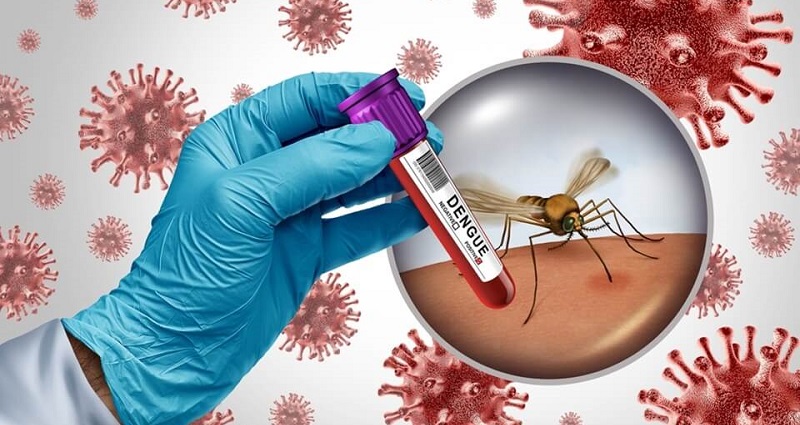By Masudur Rahman
Writer and Journalist
After a long period of relative calm, outbreaks of both coronavirus (COVID-19) and dengue fever have resurfaced in neighboring India—and their effects have now begun to spread to Bangladesh as well. Over the past month, the number of corona and dengue patients in Bangladesh has been steadily rising, and unfortunately, fatalities are also increasing. So far this month, nearly 50 people have died from corona and dengue-related complications. Clearly, unified and sustained public awareness is critical to combat these twin health threats.
The Directorate General of Health Services (DGHS) has taken comprehensive steps to tackle the growing crisis. On Wednesday, the DGHS held an emergency press conference and issued an 11-point directive aimed at preventing a corona resurgence. These include instructions for all government hospitals to allocate dedicated isolation beds for COVID-19 patients. However, issuing directives alone is not enough—effective implementation at all levels is essential.
Both the DGHS and the World Health Organization (WHO) have stated that although the number of COVID-19 cases is increasing, there is no need to panic at this stage. Still, it is crucial for all relevant authorities and institutions to act responsibly and enforce the 11-point directive to curb further transmission. Citizens have been urged to wear masks, avoid public gatherings, and take personal precautions. In the past, the general public showed complacency until the COVID-19 situation escalated dramatically. This kind of apathy must not be repeated.
Strict monitoring is needed at all land, sea, and airport entry points to ensure infected travelers do not unknowingly contribute to the spread. Unfortunately, despite the recent uptick in cases, visible preparedness on the ground remains inadequate. While most people are now more familiar with the risks and symptoms of COVID-19, what’s needed most is renewed awareness and discipline.
Meanwhile, dengue fever—once a seasonal threat—is now becoming a year-round problem in Bangladesh, largely due to climate change and the failure to effectively control mosquito populations. The Aedes mosquito, which carries the dengue virus, has adapted to survive in harsher conditions and is now found in increasing numbers, particularly in urban areas like Dhaka.
A recent survey conducted in the capital found Aedes larvae in 8 to 9 out of every 15 households—a truly alarming statistic. Researchers conducted house-to-house inspections in the two weeks leading up to the Eid-ul-Azha holidays, and their findings confirmed a high mosquito breeding rate, indicating how critical the situation has become.
If effective action is not taken now—especially in terms of mosquito eradication—dengue may reach crisis levels this year. It is imperative to implement immediate and long-term mosquito control strategies, including fogging, removing stagnant water, and public awareness drives.
On June 11, DGHS Director General Professor Md. Abu Zafar announced that 1.7 million doses of COVID-19 vaccine have already been distributed to various vaccination centers, and that testing kits will soon be sent to government hospitals. In addition, the government is also taking measures to improve dengue treatment facilities.
However, all of this will be insufficient without mass public awareness. Without the active participation of the public, no policy or action plan can succeed. Public education and proactive behavior are the most powerful tools to prevent these outbreaks. Bangladesh has already experienced the devastating consequences of low awareness during the early stages of the COVID-19 pandemic in 2020, which claimed thousands of lives.
To avoid repeating history, everyone must act responsibly. Awareness is not optional—it is essential. Only through collective vigilance and responsible behavior can we keep ourselves and our communities safe from these deadly diseases.
So, my message to all:
Be aware. Stay healthy. Stay safe.


